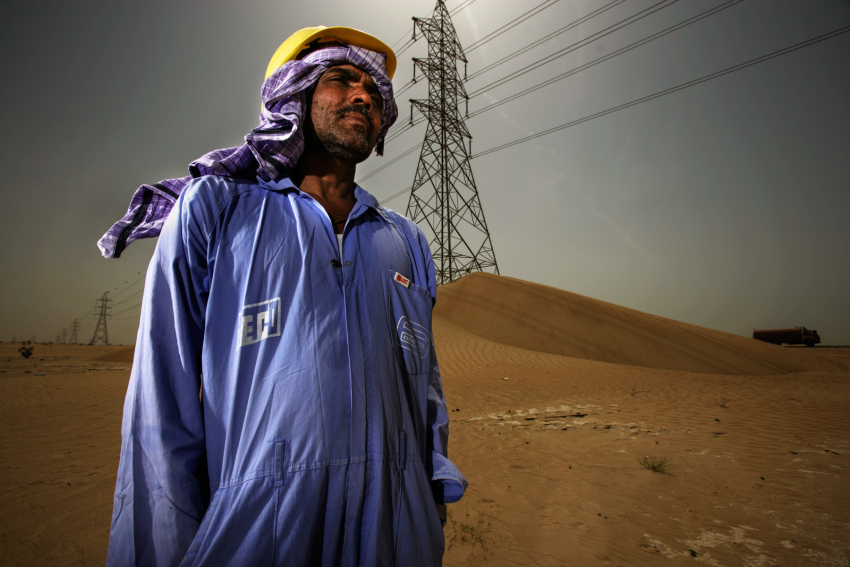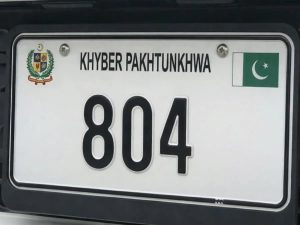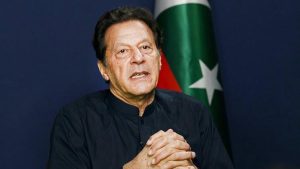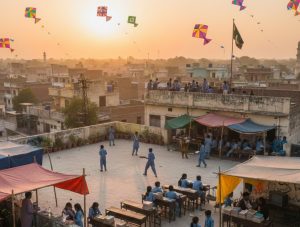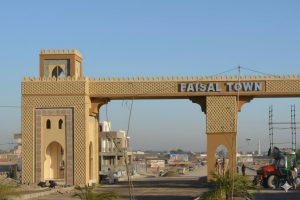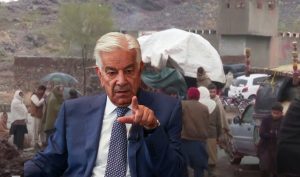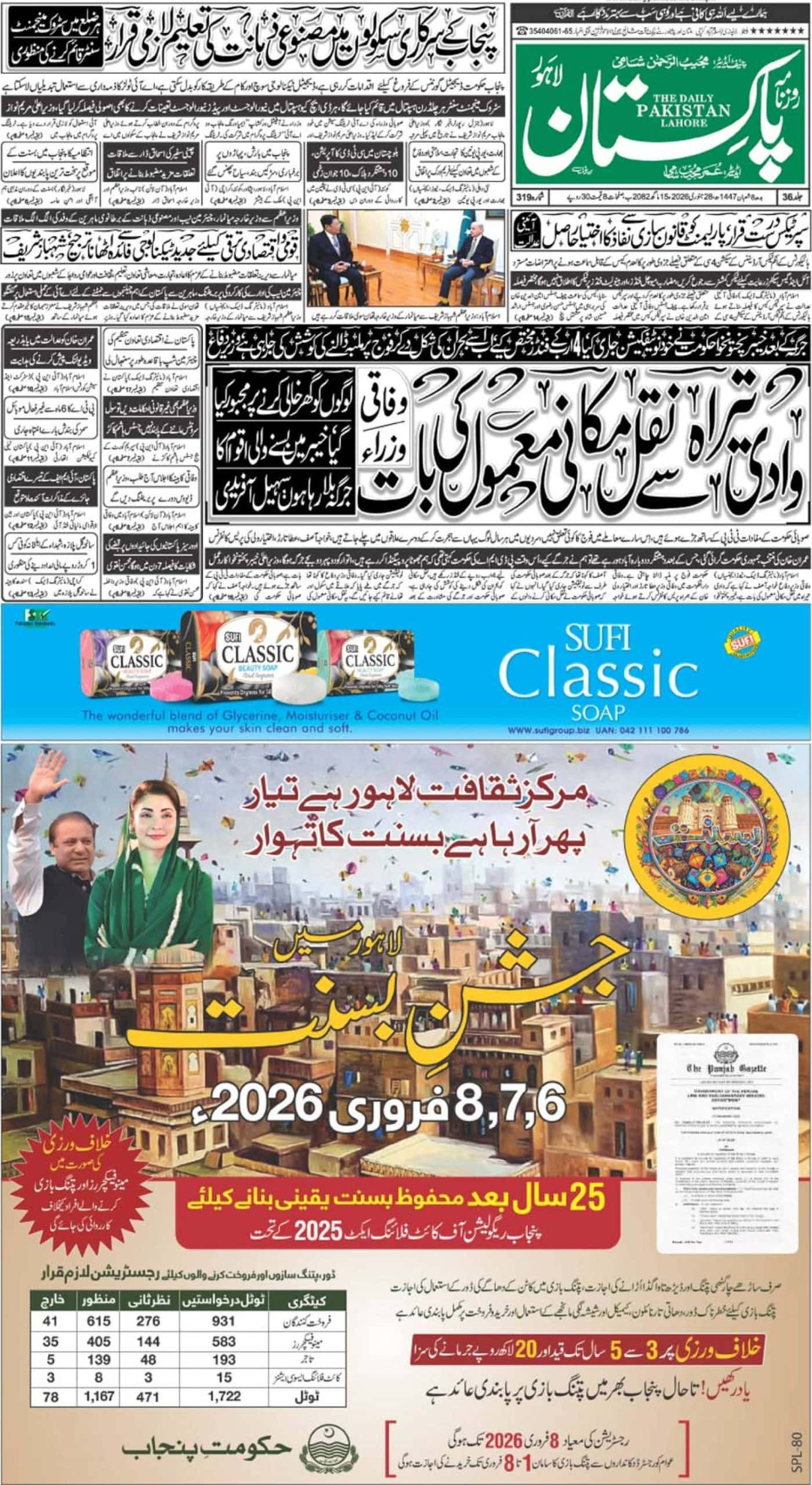LAHORE (Staff Report) – Following the recent “disrespectful” warnings from UAE for showing neutrality in Saudi-Yemen conflict, the contribution of 1.2 million Pakistanis in different sectors of United Arab Emirates is being dragged out of limelight.
Last week, UAE’s Minister of Foreign Affairs Dr Anwar Gargash came on strong with Pakistan’s impartial stance on joining Arab coalition against Yemeni rebels.
Gargash said Pakistan is required to show a clear stand in favour of its strategic relations with the six-nation Arab Gulf cooperation Council, as contradictory and ambiguous views on this serious matter will have a heavy price to pay.
Pakistan’s resolution, however, backed the government’s commitment to protect Saudi Arabia’s territory, which has so far not been threatened by the conflict.
Responding to the UAE minister’s statement, Interior Minister Ch Nisar termed it “unacceptable and disrespectful” to the country and people.
Dr Gargash also said Tehran seems to be more important to Islamabad and Ankara than the Gulf countries, Gargash added. “Though our economic and investment assets are inevitable, political support is missing at critical moments,” he held.
A new survey reveals Pakistanis, behind Indians (2.60 million), are the second largest ethnic group in the UAE, constituting 21% of the country’s total population. They are the third largest overseas Pakistani community, behind the Pakistani diaspora in Saudi Arabia and the United Kingdom. The population is diverse and consists of people from all over Pakistan, including Punjab, Sindh, Khyber Pakhtunkhwa and FATA, Balochistan, Kashmir and Gilgit Baltistan.
The majority of Pakistanis are Muslim, with significant minorities of Christians, Hindus and other religions. The majority are found in Dubai and Abu Dhabi respectively, while a significant population is spread out in Sharjah and the remaining Northern Emirates. Dubai alone accounts for a Pakistani population of 400,000.
Pakistanis are among the top ten investors in the UAE property market, ranking as the second largest nationality that bought most property in Dubai. Many wealthy Pakistanis have bought expensive properties in Dubai and have second homes there.
Pakistani expatriates in the UAE are actively involved in the country’s business, investment and services sectors. The UAE is the second largest source of remittances to Pakistan; in 2012, remittances from the UAE amounted to $2.9 billion.
Similarly to its neighbours in the Gulf Cooperation Council (GCC), UAE is also relying heavily on foreign labour to keep its projects and economy running. Alongside Qatar, the country has the highest percentage of immigrants in relation to its own citizens, with the later amounting to about only 10% of the total population.
The nationals of South Asian countries, according to the data relating to Pakistan, India, Nepal, Bangladesh and Sri Lanka, comprise around 55% of UAE´s total population. According to IOM´s “Arab Migration in a globalized world” the share of South Asians in UAE has always been high, however its trajectory has been going up consistently in comparison to the Arab expatriates, which have seen a decline in percentage ever since mid 1970s.
Now, many questions arise about the fate of Pakistanis in UAE who are already contributing so much in the Gulf States – in the shape of investment and manpower. Unsurprisingly, it appears to be all about acquiring the military might and skills of Pakistani army, which is undoubtedly considered the best in the whole world, to crush the Houthi rebels in Yemen for Arabs’ cause. And only for the reason Pakistan is also a country with major Muslim population, let alone its nuclear accomplishments. But it won’t be just to overshadow the role of Pakistanis already in UAE who are afraid of next moves, keeping in view the country’s denial in joining the conflict directly.
The other question is about the never-discussed laggardness on the part of Arab rulers who didn’t fully intervene in Israel-Palestine conflict on land or Pakistan-India conflict on Kashmir or Iraq-Iran war on oil or US-Afghanistan war on terrorism or Al Qaeda/IS-led bombings on holy shrines in Iraq and Syria.
If Pakistan has to enter the bloody sphere of Arabs fighting against each other, only for the reason roughly 2 million of its nationals are in UAE and other neighbouring states in Gulf, why the Indians are precluded to assist Arabs in winning the Yemen war. Don’t they represent the most of UAE’s population – including a majority of Indian Muslims besides Hindus and other communities?
Why should Pakistan answer the call of Arab leaders when it is already fighting the same insurgency at home? Did any other country, precisely from Gulf, supported Pakistan in the fight against Qaeda-Taliban terror attacks? Is Pakistan the only Muslim country in the whole region? Why not any other Muslim populations in Malaysia, Indonesia or India – already outnumbering Pakistanis in the region – are invited or threatened to join the Arab fight in Yemen?
There are, indeed, many questions need to be answered before making extended call for joining Yemen war.
The real fact is that Muslims exist everywhere in the world while majority of them belong to South Asian nations. Other than their religious ties with the brotherly nations in Gulf and bindings towards holy places in Makkah and Madina, Pakistan is taking the issue politically and diplomatically, owing to the fear this conflict would fan sectarian strife in an apparent ‘proxy war’ between Iran and Saudi Arabia being fought in Yemen.
Where a large number of people wish Pakistan must answer the Saudi call for joining Yemen war, many believe the only solution to this conflict lies in much-needed political and diplomatic efforts. And Pakistan should let itself decide independently about internal and external affairs.

